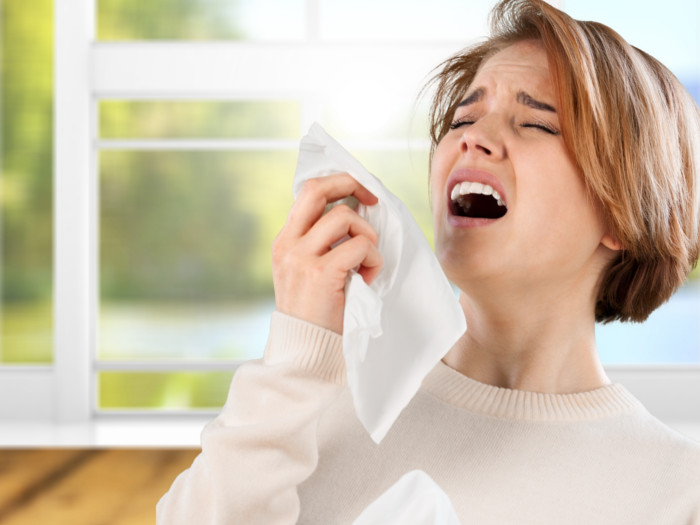The panic around coronavirus infection has caused a serious shortage of personal protection equipment such as face shields, masks, gloves, and more around the globe. The WHO has now brought attention to the serious threat it poses to healthcare workers and how it puts them at risk.

Personal hygiene practices can help with avoiding COVID-19 infections. Photo Credit: Shutterstock
The organization has called for rationalized and appropriate use of personal protection equipment, or PPE, especially by the people. Even the CDC recommends that respirators such as the N95 be used by the general public who are at risk, instead, they should avoid being exposed to the virus and indulge in hygiene practices. [1] [2]
Furthermore, the WHO has also called on the PPE production industry and governments around the world to work towards increasing production by 40% to meet the increasing demand worldwide. It has also noted the surge in prices owing to the dramatic increase in demand and panic surrounding the issue.
“Without secure supply chains, the risk to healthcare workers around the world is real. Industry and governments must act quickly to boost supply, ease export restrictions and put measures in place to stop speculation and hoarding. We can’t stop COVID-19 without protecting health workers first,” said WHO Director-General Dr. Tedros Adhanom Ghebreyesus.
Presently, there is a surge in demand for face masks and N95 respirators amongst other equipment. According to an article published in JAMA, masks protect the wearer from spreading droplets if coughing or sneezing. On the other hand, N95 prevents infectious particles from being inhaled by the wearer but is not recommended for use by the general public. [3]
The paper further stresses how practicing hygiene is necessary to protect oneself from such infections. It recommends:
- Not touching your face, especially nose and mouth, with your hands without washing your hands first.
- Avoiding coming in contact with people who are sick.
- Not venturing outdoors if you are feeling sick.
It also highlights that hands should be washed properly for at least 20 seconds.
The WHO, in its efforts to combat the crisis, has already shipped half a million PPE sets to 47 countries. The organization is now struggling to cope with the demand and supply gap.
COVID-19 is an emerging, rapidly evolving situation.
Get the latest public health information from CDC.
Get the latest research from NIH. [4] [5]
